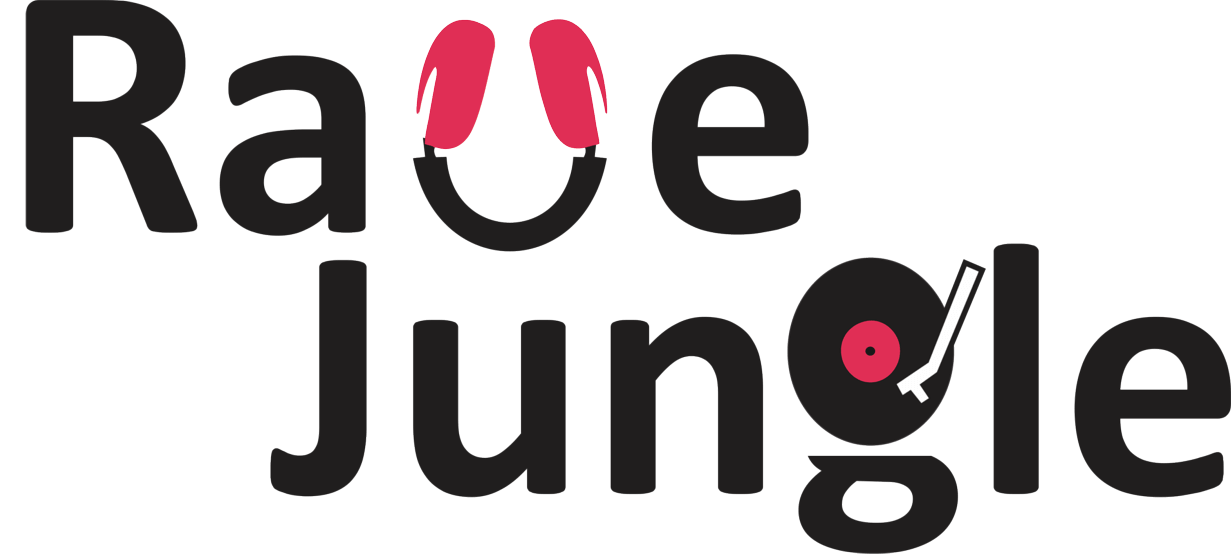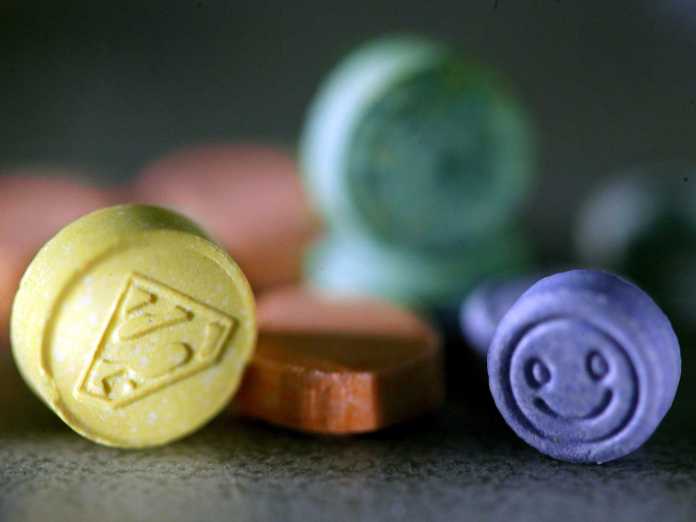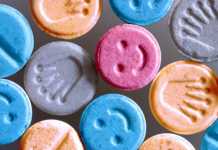We all know that illegal recreational drug use is extremely dangerous and life threatening, however, experts are saying there’s one drug out there that could potentially pose as a health benefit.
The recreational party drug, MDMA — better known as Ecstasy or “Molly”— has just been coined a possible “breakthrough therapy” in treating military veterans suffering from Post Traumatic Stress Disorder (PTSD).
“If you were to design the perfect drug to treat PTSD, MDMA would be it,” said Rick Doblin, the founder and executive director of the Multidisciplinary Association for Psychedelic Studies (MAPS).
According to the ‘Washington Post’, Phase 2 of clinical MDMA-assisted psychotherapy trials have been ongoing for over a decade now with numerous military veterans enrolled. The trials are conducted as double-blind studies, meaning neither the patients nor the psychiatrists know whether actual MDMA or a placebo is being administered. All patients are given a total of three doses over a period of several months along with continued therapy sessions.
MAPS psychiatrist, Dr. Michael Mithoefer, spoke with Task & Purpose in December and emphasized the intent and objectives of the clinical trials.
“We’re not just doing a drug study,” Mithoefer said.
“We’re studying MDMA-assisted psychotherapy. The intention is to heal the PTSD in a very safe, legal setting. That tends to be much more likely to foster therapeutic change than if someone is taking it at a party” he added.
After the first study was completed, researchers found that two-thirds of patients no longer met the PTSD criteria. Several years later, a follow-up study was conducted and showed that 88% of those patients were still PTSD-free more than three years after their last dose of MDMA.
In 2016, the FDA approved Phase 3 clinical trials to further examine MDMA’s potential benefits and the studies are scheduled to begin in 2018. According to a MAPS press release, the nonprofit has raised half of the $25 million required for the trials, however, $12.5 million is still needed. If the resources are met, experts predict MDMA could possibly be available as a prescription drug by 2021.
Interestingly enough, MDMA was actually introduced to the psychiatric community in the 1970’s and many psychiatrists embraced it as a drug that could possibly help treat anxiety disorders such as PTSD. However, the drug soon became highly abused and caused numerous fatalities before formal trials in the U.S. could get underway. As the party drug’s popularity increased, federal officials ended up banning MDMA in 1985, listing it as a Schedule 1 controlled substance and in a result, halted the medical progression.
Fatal MDMA overdoses are still extremely prevalent today, especially with its popular consumption at electronic dance music festivals. Dr. Charles R. Marmar, head of psychiatry at New York University’s Langone School of Medicine, spoke with The New York Times about how prolonged MDMA use can lead to severe brain damage.
Although clinical trials are in the works, the MDMA psychotherapy has little resemblance to recreational MDMA use. MAPS emphasizes the fact that this is still an illegal substance and is not to be used by anyone other than the individuals involved in the studies.



















